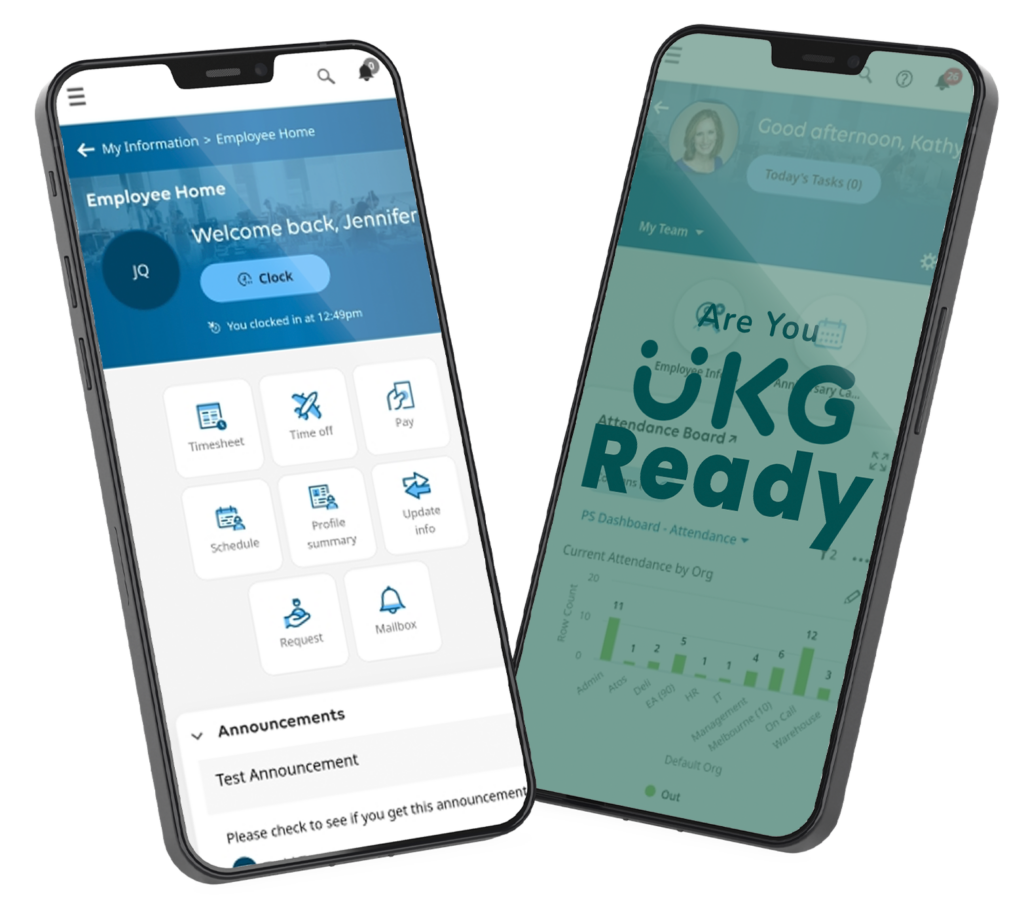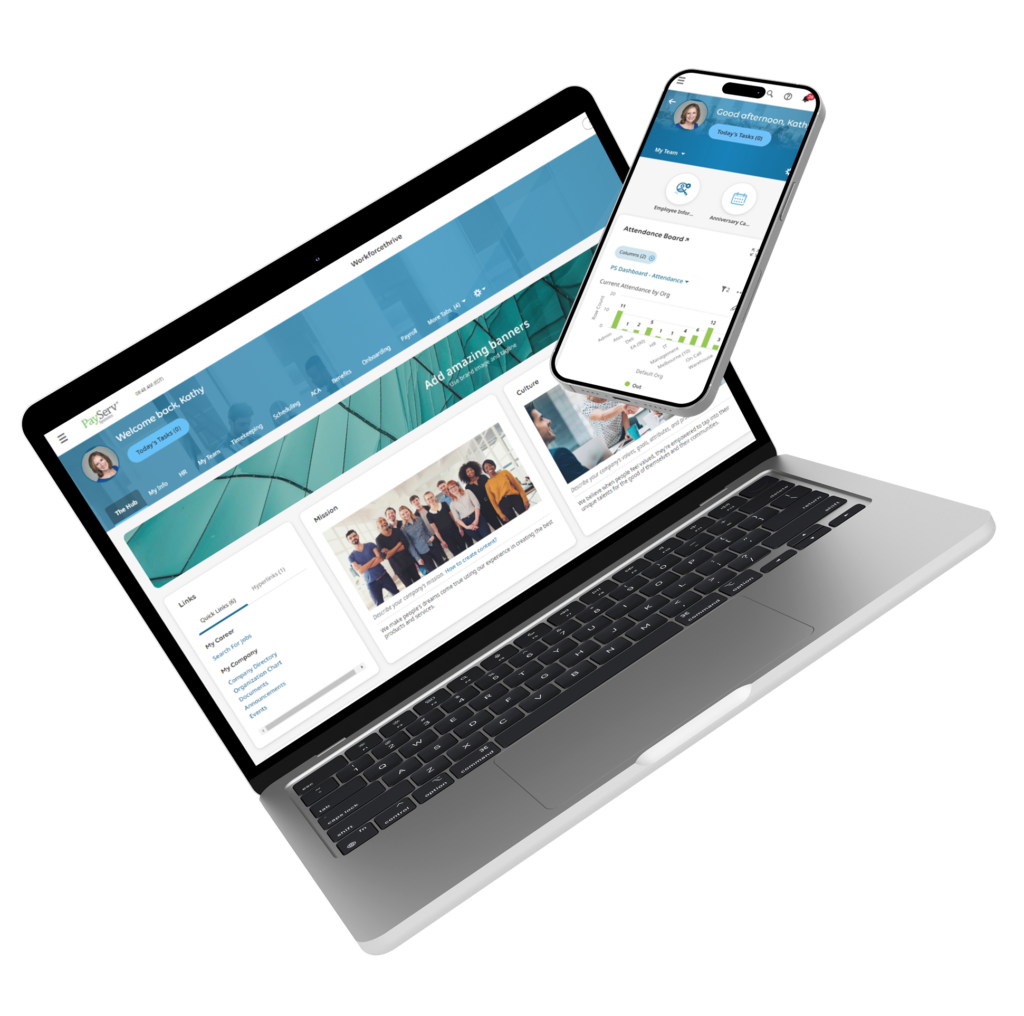
The Rise of AI in HR: Enhancing Recruitment, Retention, and Employee Experience
The Rise of AI in HR: Enhancing Recruitment, Retention, and Employee ExperienceArtificial Intelligence (AI) is revolutionizing the Human Resources (HR) landscape, transforming traditional processes and empowering HR professionals to focus on strategic, people-centric tasks. As AI continues to evolve, its impact on recruitment, retention, and employee experience is becoming increasingly significant, reshaping the future of work.
Recruitment: Streamlining the Talent Acquisition Process
AI is dramatically enhancing the recruitment process, making it more efficient and effective. Applicant tracking systems powered by AI can quickly scan and shortlist candidates, eliminating bias and even predicting job-fit scores. This technology can analyze vast amounts of data faster and more accurately than any human, identifying trends and offering insights crucial for strategic decision-making.One of the most significant benefits of AI in recruitment is its ability to reduce candidate screening times. AI adopters are 13% more efficient in this area, turning talent acquisition into a competitive advantage. By automating time-consuming tasks like résumé screening and initial candidate assessments, AI allows HR professionals to focus on building deeper connections with potential hires.Furthermore, AI-powered chatbots are revolutionizing the candidate experience. These intelligent systems can quickly gather information about candidates, answer their questions, and even schedule interviews, significantly speeding up the recruitment process.
Retention: Predicting and Preventing Employee Turnover
Employee retention is a critical concern for organizations, and AI is proving to be a powerful tool in addressing this challenge. By analyzing employee data and behavior patterns, AI can identify workers who may be at risk of leaving the company.AI systems can track computer activity, detect changes in behavior and communication patterns, and even analyze sentiment in employee interactions. This information allows HR professionals to take proactive measures to address potential issues before they lead to turnover.Moreover, AI can help develop personalized engagement and reward programs, further increasing retention rates. By understanding individual employee needs and preferences, organizations can create more tailored experiences that foster loyalty and job satisfaction.
Employee Experience: Personalizing the Workplace
AI is transforming the employee experience by enabling personalization at scale. From onboarding to ongoing development, AI-powered systems can create customized experiences that cater to individual employee needs, wants, and learning styles.One significant application is in learning and development. AI can analyze an employee’s skills, performance data, and career aspirations to recommend personalized learning paths and development opportunities. This not only enhances employee growth but also aligns individual goals with organizational objectives.AI-powered virtual assistants, or copilots, are also enhancing the day-to-day employee experience. These tools can help employees with common HR tasks such as accessing pay slips, changing addresses, or requesting time off, making these processes more efficient and user-friendly.
Challenges and Considerations
While the benefits of AI in HR are substantial, its implementation comes with challenges that organizations must address:
- Ethical Considerations: As AI takes on more decision-making roles in HR, questions of accountability and fairness arise. Organizations must establish clear guidelines and accountability systems for AI applications in HR.
- Data Privacy: With AI systems processing vast amounts of employee data, ensuring privacy and compliance with data protection regulations is crucial.
- Human Touch: While AI can automate many processes, maintaining the human element in HR is essential. The goal should be to use AI to augment human capabilities rather than replace them entirely.
- Skill Development: HR professionals need to develop new skills to effectively leverage AI technologies. This includes data literacy, analytical thinking, and an understanding of AI principles.
The Future of AI in HR
Looking ahead, the integration of AI in HR is set to become even more sophisticated and widespread. Predictive analytics will likely play a larger role, enabling HR managers to anticipate trends in employee behavior and take proactive measures to improve engagement and productivity.We can also expect to see more advanced applications of natural language processing, potentially leading to AI systems capable of conducting sophisticated tasks like employee counseling or coaching.As AI continues to evolve, it will be crucial for organizations to foster a culture of agility and continuous learning. This will enable employees and HR professionals alike to adapt to new technologies and leverage AI’s potential to create more engaging, productive, and innovative workplaces.In conclusion, the rise of AI in HR presents immense opportunities to enhance recruitment, retention, and the overall employee experience. By embracing these technologies thoughtfully and responsibly, organizations can create a future of work that is more efficient, engaging, and beneficial for both employers and employees. The key lies in striking the right balance between leveraging AI’s capabilities and maintaining the human-centric approach that is at the heart of effective HR management.





